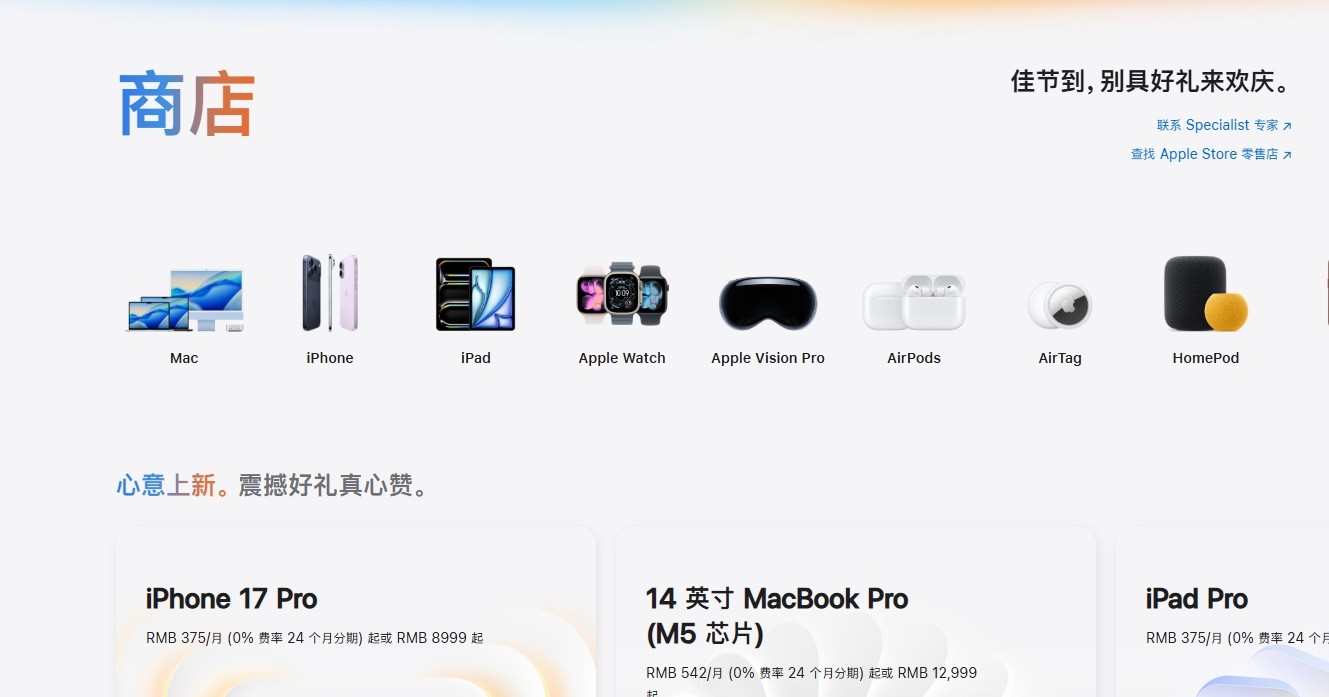php缓存技术详细介绍及php缓存实现代码
数据缓存:这里所说的数据缓存是指数据库查询PHP缓存机制,每次访问页面的时候,都会先检测相应的缓存数据是否存在,如果不存在,就连接数据库,得到数据,并把查询结果序列化后保存到文件中,以后同样的查询结果就直接从缓存表或文件中获得。
用的最广的例子看Discuz的搜索功能,把结果ID缓存到一个表中,下次搜索相同关键字时先搜索缓存表。
举个常用的方法,多表关联的时候,把附表中的内容生成数组保存到主表的一个字段中,需要的时候数组分解一下,这样的好处是只读一个表,坏处就是两个数据同步会多不少步骤,数据库永远是瓶颈,用硬盘换速度,是这个的关键点。
页面缓存:
每次访问页面的时候,都会先检测相应的缓存页面文件是否存在,如果不存在,就连接数据库,得到数据,显示页面并同时生成缓存页面文件,这样下次访问的时候页面文件就发挥作用了。(模板引擎和网上常见的一些PHP缓存机制类通常有此功能)
时间触发缓存:
检查文件是否存在并且时间戳小于设置的过期时间,如果文件修改的时间戳比当前时间戳减去过期时间戳大,那么就用缓存,否则更新缓存。
内容触发缓存:
当插入数据或更新数据时,强制更新PHP缓存机制。
静态缓存:
这里所说的静态缓存是指静态化,直接生成HTML或XML等文本文件,有更新的时候重生成一次,适合于不太变化的页面,这就不说了。
以上内容是代码级的解决方案,我直接CP别的框架,也懒得改,内容都差不多,很容易就做到,而且会几种方式一起用,但下面的内容是服务器端的缓存方案,非代码级的,要有多方的合作才能做到
内存缓存:
Memcached是高性能的,分布式的内存对象PHP缓存机制系统,用于在动态应用中减少数据库负载,提升访问速度。
php的缓冲器:
有eaccelerator, apc, phpa,xcache,这个这个就不说了吧,搜索一堆一堆的,自己看啦,知道有这玩意就OK
MYSQL缓存:
这也算非代码级的,经典的数据库就是用的这种方式,看下面的运行时间,0.09xxx之类的
我贴段根据蓝色那家伙修改后部分my.ini吧,2G的MYISAM表可以在0.05S左右,据说他前后改了有快一年
基于反向代理的Web缓存:
如Nginx,SQUID,mod_proxy(apache2以上又分为mod_proxy和mod_cache)
NGINX的例子
用google找到一些 php缓存技术方法
发个PHP缓存实现,实现了apc和文件缓存,继承Cache_Abstract即可实现调用第三方的缓存工具。
参考shindig的缓存类和apc。
Php代码
| 代码如下 | 复制代码 |
|
class CacheException extends Exception {} /** * 缓存抽象类 */ abstract class Cache_Abstract { /** * 读缓存变量 * * @param string $key 缓存下标 * @return mixed */ abstract public function fetch($key); /** * 缓存变量 * * @param string $key 缓存变量下标 * @param string $value 缓存变量的值 * @return bool */ abstract public function store($key, $value); /** * 删除缓存变量 * * @param string $key 缓存下标 * @return Cache_Abstract */ abstract public function delete($key); /** * 清(删)除所有缓存 * * @return Cache_Abstract */ abstract public function clear(); /** * 锁定缓存变量 * * @param string $key 缓存下标 * @return Cache_Abstract */ abstract public function lock($key); /** * 缓存变量解锁 * * @param string $key 缓存下标 * @return Cache_Abstract */ abstract public function unlock($key); /** * 取得缓存变量是否被锁定 * * @param string $key 缓存下标 * @return bool */ abstract public function isLocked($key); /** * 确保不是锁定状态 * 最多做$tries次睡眠等待解锁,超时则跳过并解锁 * * @param string $key 缓存下标 */ public function checkLock($key) { if (!$this->isLocked($key)) { return $this; } $tries = 10; $count = 0; do { usleep(200); $count ++; } while ($count <= $tries && $this->isLocked($key)); // 最多做十次睡眠等待解锁,超时则跳过并解锁 $this->isLocked($key) && $this->unlock($key); return $this; } } /** * APC扩展缓存实现 * * * @category Mjie * @package Cache * @author 流水孟春 * @copyright Copyright (c) 2008- * @license New BSD License * @version $Id: Cache/Apc.php 版本号 2010-04-18 23:02 cmpan $ */ class Cache_Apc extends Cache_Abstract { protected $_prefix = 'cache.mjie.net'; public function __construct() { if (!function_exists('apc_cache_info')) { throw new CacheException('apc extension didn't installed'); } } /** * 保存缓存变量 * * @param string $key * @param mixed $value * @return bool */ public function store($key, $value) { return apc_store($this->_storageKey($key), $value); } /** * 读取缓存 * * @param string $key * @return mixed */ public function fetch($key) { return apc_fetch($this->_storageKey($key)); } /** * 清除缓存 * * @return Cache_Apc */ public function clear() { apc_clear_cache(); return $this; } /** * 删除缓存单元 * * @return Cache_Apc */ public function delete($key) { apc_delete($this->_storageKey($key)); return $this; } /** * 缓存单元是否被锁定 * * @param string $key * @return bool */ public function isLocked($key) { if ((apc_fetch($this->_storageKey($key) . '.lock')) === false) { return false; } return true; } /** * 锁定缓存单元 * * @param string $key * @return Cache_Apc */ public function lock($key) { apc_store($this->_storageKey($key) . '.lock', '', 5); return $this; } /** * 缓存单元解锁 * * @param string $key * @return Cache_Apc */ public function unlock($key) { apc_delete($this->_storageKey($key) . '.lock'); return $this; } /** * 完整缓存名 * * @param string $key * @return string */ private function _storageKey($key) { return $this->_prefix . '_' . $key; } } /** * 文件缓存实现 * * * @category Mjie * @package Cache * @author 流水孟春 * @copyright Copyright (c) 2008- * @license New BSD License * @version $Id: Cache/File.php 版本号 2010-04-18 16:46 cmpan $ */ class Cache_File extends Cache_Abstract { public $useSubdir = false; protected $_cachesDir = 'cache'; public function __construct() { if (defined('DATA_DIR')) { $this->_setCacheDir(DATA_DIR . '/cache'); } } /** * 获取缓存文件 * * @param string $key * @return string */ protected function _getCacheFile($key) { $subdir = $this->useSubdir ? substr($key, 0, 2) . '/' : ''; return $this->_cachesDir . '/' . $subdir . $key . '.php'; } /** * 读取缓存变量 * 为防止信息泄露,缓存文件格式为php文件,并以""开头 * * @param string $key 缓存下标 * @return mixed */ public function fetch($key) { $cacheFile = self::_getCacheFile($key); if (file_exists($cacheFile) && is_readable($cacheFile)) { // include 方式 //return include $cacheFile; // 系列化方式 return unserialize(@file_get_contents($cacheFile, false, NULL, 13)); } return false; } /** * 缓存变量 * 为防止信息泄露,缓存文件格式为php文件,并以""开头 * * @param string $key 缓存变量下标 * @param string $value 缓存变量的值 * @return bool */ public function store($key, $value) { $cacheFile = self::_getCacheFile($key); $cacheDir = dirname($cacheFile); if(!is_dir($cacheDir)) { if(!@mkdir($cacheDir, 0755, true)) { throw new CacheException("Could not make cache directory"); } } // 用include方式 //return @file_put_contents($cacheFile, ' return @file_put_contents($cacheFile, '' . serialize($value)); } /** * 删除缓存变量 * * @param string $key 缓存下标 * @return Cache_File */ public function delete($key) { if(emptyempty($key)) { throw new CacheException("Missing argument 1 for Cache_File::delete()"); } $cacheFile = self::_getCacheFile($key); if(!@unlink($cacheFile)) { throw new CacheException("Cache file could not be deleted"); } return $this; } /** * 缓存单元是否已经锁定 * * @param string $key * @return bool */ public function isLocked($key) { $cacheFile = self::_getCacheFile($key); clearstatcache(); return file_exists($cacheFile . '.lock'); } /** * 锁定 * * @param string $key * @return Cache_File */ public function lock($key) { $cacheFile = self::_getCacheFile($key); $cacheDir = dirname($cacheFile); if(!is_dir($cacheDir)) { if(!@mkdir($cacheDir, 0755, true)) { if(!is_dir($cacheDir)) { throw new CacheException("Could not make cache directory"); } } } // 设定缓存锁文件的访问和修改时间 @touch($cacheFile . '.lock'); return $this; } /** * 解锁 * * @param string $key * @return Cache_File */ public function unlock($key) { $cacheFile = self::_getCacheFile($key); @unlink($cacheFile . '.lock'); return |
|















